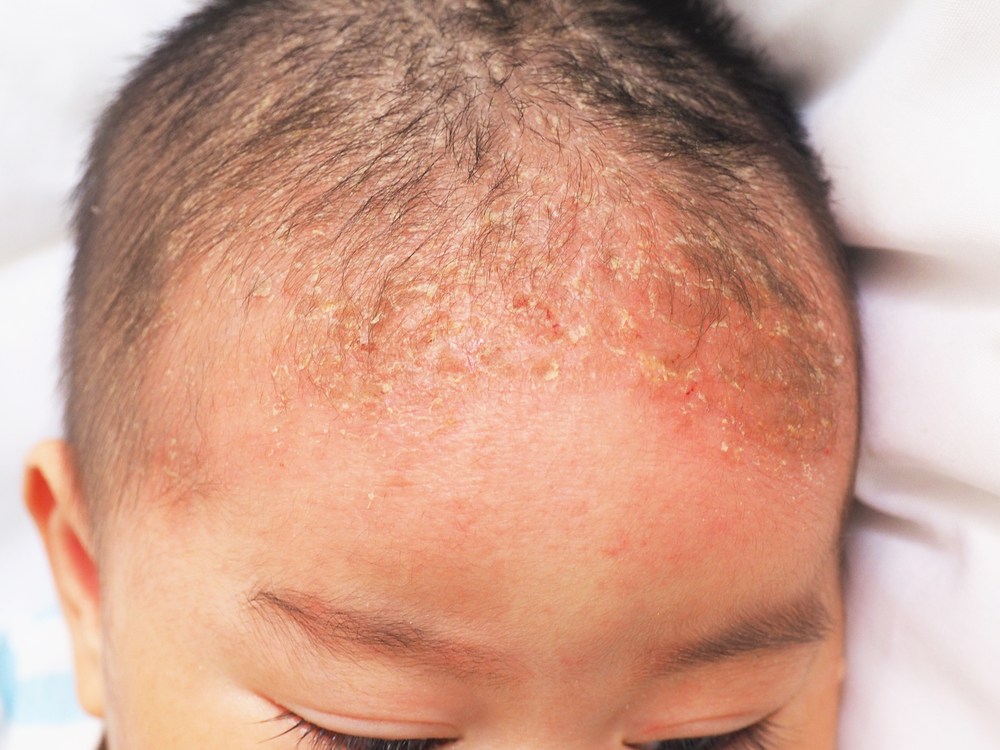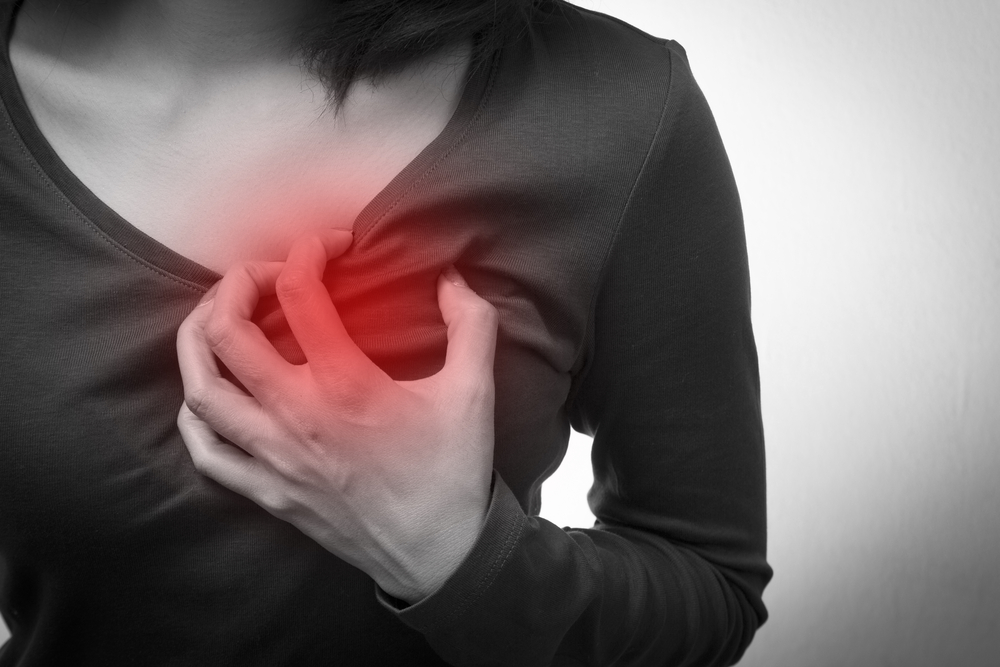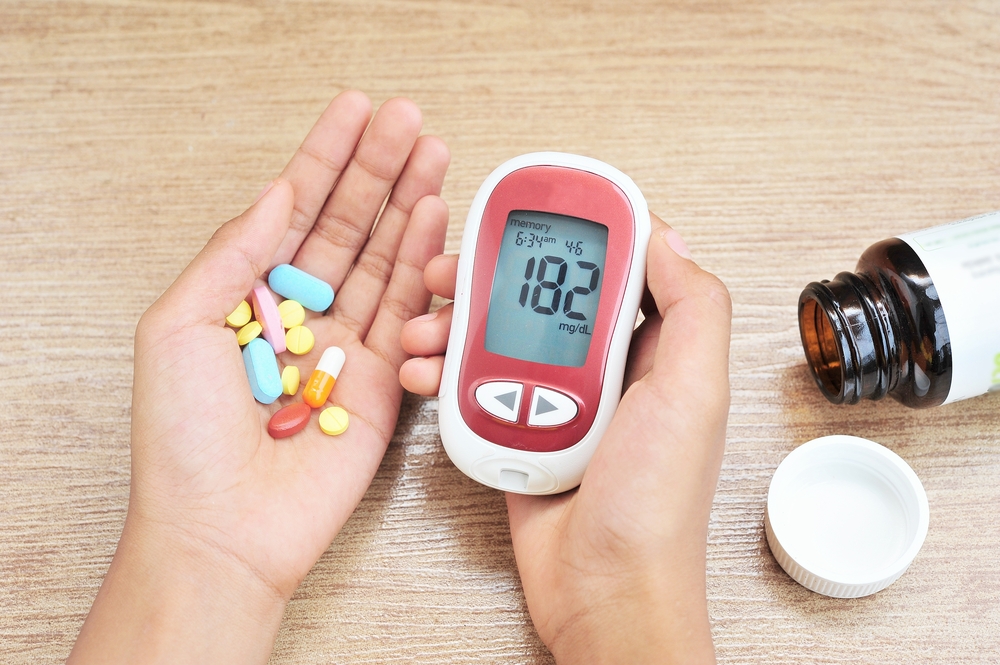Contents:
- Medical Video: What You can do to Prevent Cervical Cancer
- Overview of cervical cancer
- How to prevent cervical cancer
- 1. Routinely conduct pap smear examinations
- 2. Get HPV vaccination
- 3. Avoid smoking
- 4. Do safe sex
- 5. Maintain vaginal hygiene
Medical Video: What You can do to Prevent Cervical Cancer
Cervical cancer is the number one killer for Indonesian women. In fact, according to the chairman of the Indonesian Cancer Foundation (YKI), Prof.DR.dr. Aru Wicaksono, quoted from the page Coil, of 40 women diagnosed with cervical cancer, 20 of them died. That is why, it is not excessive if cervical cancer is the most feared specter by almost all women in Indonesia. So, how to prevent cervical cancer? Find out the answers in this article.
Overview of cervical cancer
Cervical cancer or commonly referred to as cervical cancer is a network of cancer cells that grow and develop uncontrollably in the cervical region. Some uterine cancers are caused by infection with the Human Papiloma Virus (HPV) which can be transmitted through sexual contact, whether in anal, oral, or vaginal ways.
Women who have HPV virus in their bodies may be able to experience cervical cancer and may also not develop cervical cancer. However, women who have HPV virus in their bodies and coupled with a bad lifestyle are more likely to suffer from cervical cancer.
Most cases of cervical cancer are found at an advanced stage. This happens because when still in the early stages, cervical cancer generally does not cause any symptoms. Even though, the earlier the cervical cancer is diagnosed, then the chance to heal is getting bigger.
How to prevent cervical cancer
1. Routinely conduct pap smear examinations
PAP smear is one of the best ways as the first line of defense to prevent cervical cancer. This one screening method serves to detect cells in the cervix that have the potential to become cancer later.
According to the American College of Obstetricians and Gynecologists (ACOG), you are advised to take the first pap smear at the age of 21, regardless of whether you have had sexual intercourse or not. But, if you are more than 21 years old, you will not be late for this checkup.
You are advised to do pap smears regularly every three years (without HPV testing), for those of you who are 21-30 years old. As for those of you who are over 30 years old, you are advised to do a pap smear (accompanied by an HPV test) every five years. Perform a pap smear examination immediately routinely to reduce the risk of cervical cancer. Don't forget, consult your doctor before you decide to do this examination.
2. Get HPV vaccination
Another way that is no less important for preventing cervical cancer is doing HPV vaccination. If you are a woman and a man between the ages of 9 and 26, you are advised to get this vaccine.
Basically the most ideal HPV vaccine is given to those who have not been sexually active. But, all sexually active adults and have never received this vaccine before, should vaccinate immediately.
Women who have been sexually active must take a pap smear before getting the HPV vaccine. If the pap smear results are normal, you can immediately get the HPV vaccine. However, if the pap smear is not normal, the doctor will do a further examination to make a further diagnosis.
Although the HPV vaccine can reduce the risk of cervical cancer, but this vaccine does not guarantee you are fully protected from cervical cancer. You are still advised to undergo a healthy lifestyle and pap smears regularly even after getting HPV vaccination.
3. Avoid smoking
You can reduce the chances of cervical cancer by not smoking. Not smoking is another important way to reduce the risk of cervical cancer. The reason is that cigarette poisons are oxidative so that they can trigger cancer cells to appear and get malignant.
4. Do safe sex
More than 90 percent of cervical cancer is caused by being infected with the HPV virus. The spread of this virus occurs through unsafe sexual intercourse, so use it condom when having sex to reduce the risk of contracting HPV.
In addition, the risk of contracting HPV also increases when often changing sexual partners. Women who only have one partner can be infected with this virus if their partner has many other sexual partners.
5. Maintain vaginal hygiene
In addition to doing pap smears to prevent cervical cancer, you also have to maintain vaginal hygiene especially during menstruation and vaginal discharge. Using feminine antiseptic fluids that contain povidone iodine you might be able to do to maintain your vaginal hygiene, especially when "Red day" or menstruation.












